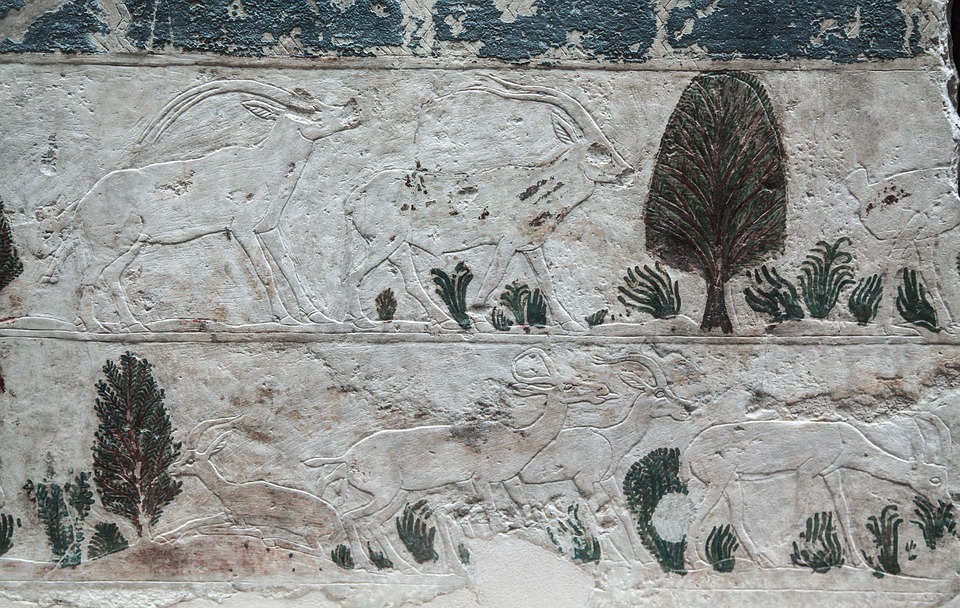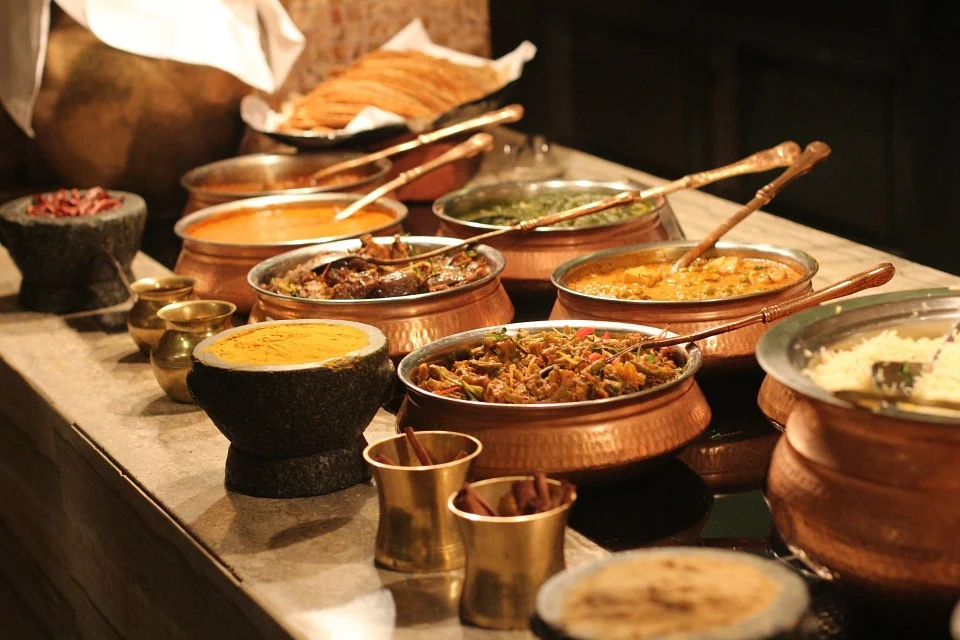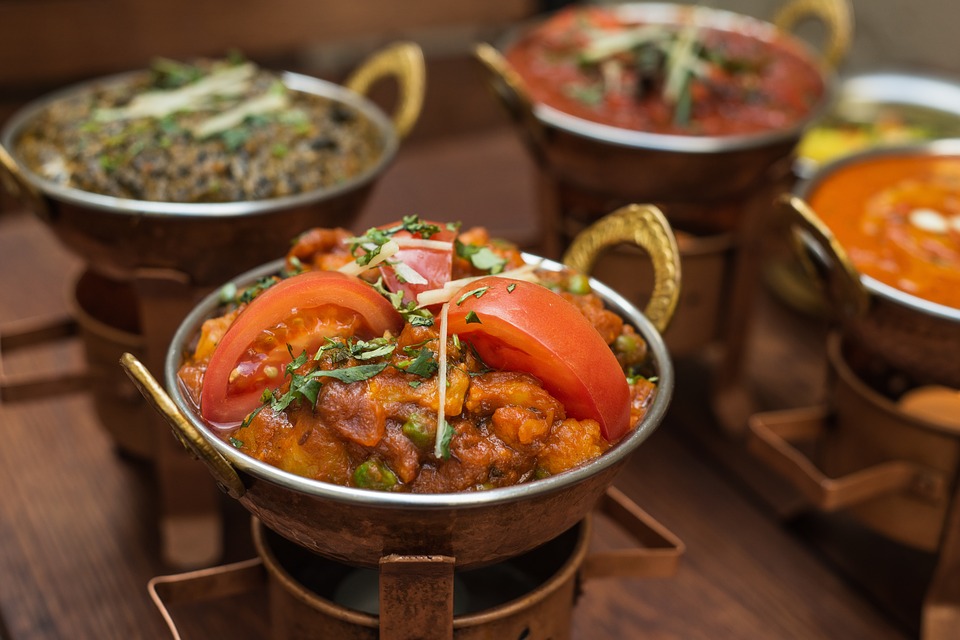Egypt is one of the most important countries producing medicinal and aromatic plants around the world. It is at the forefront of countries that export herbs to all over the world for use in many daily purposes such as manufacturing medicines, oils and food spices.
Egypt is an important country, due to its strategic location in the northeastern part of the African continent with an Asian extension on the Sinai Island, and overlooking distinctive water borders such as the Mediterranean Sea, the Red Sea and the Suez Canal, which makes it enjoy a very special location that makes it have a large share in the international trade movement.

The history of Egyptian Herbs and Spices
Spices have been with us since forever ago. Man has utilized spices to treat his sicknesses for millennia. A large portion of the world’s kin actually keep on utilizing spices to help their bodies. The explanation being, is that they’re protected and very solid, with no aftereffects. Home grown cure could be what you want!
Antiquated Egyptians were exceptionally gifted with spices. The Papyus Ebers, an antiquated text written in 1500 BC, contains references to in excess of 700 home grown cures, including spices, for example, aloe, caraway seeds, poppy, and garlic.
The most famous Egyptian herbs
Fayoum, Beni Suef, Minya, Assiut, one of the most important governorates producing aromatic plants
There are more than 240 types of herbs that Egypt is famous for, as follows:
Marjoram – basil – thyme – parsley – dill – chamomile – hibiscus – star anise – cumin – onion – garlic – fennel – caraway – Molokhia – Spearmint – Peppermint – Coriander – Fenugreek – Sesame- Sunflower ………etc.

Features of Egyptian herbs
1-The quality
It is known worldwide that Egyptian herbs are of high quality, so Egypt export more than 6 million tons yearly for all over the world, On top of these countries USA, European Union countries, Russia and New Zealand Australia and others.
2-Similarity with worldwide guidelines
All farming commodities of spices and flavors apply all worldwide principles for trade quality, including the use of global positioning frameworks for send out items during the phases of horticulture, creation, bundling and product, which is one of the instruments for the accomplishment of the commodity strategy of Egypt.

The most common questions about herbs.
Do herbs truly effect?
In ancient times, our ancestors learned about healing herbs by trial and error. Anything that would make their lives a bit more predictable acquired almost an aura of magic because they knew they worked, but they didn’t know why or how. Today we have the benefit of validation thanks to the advent of the scientific method. Modern science has taught us how and why herbs actually work. They contain chemicals, vitamins, minerals, and enzymes that produce different results in the body.
How lengthy are my spices going to keep and how could I store them?
The sacks we transport our spices in are the ideal compartment for your spices, yet in the event that you remember two fundamental variables, you can move your spices into different holders.
Those variables are oxygen and light openness. Continuously store your spices in obscure compartments. Additionally, to restrict how much oxygen your spices are presented to, either lessen how much air however much as could be expected from the sacks, or then again in the event that you’re utilizing different compartments use cotton wadding to restrict how much oxygen within them.
Dampness, bugs, and hotness are different variables that rapidly ruin spices in the event that not forestalled.
Most fragrant spices (like sage, rosemary, and thyme) can stay strong for over a year, and non-sweet-smelling spices (like horse feed, comfrey, and chaparral) last around two years.
